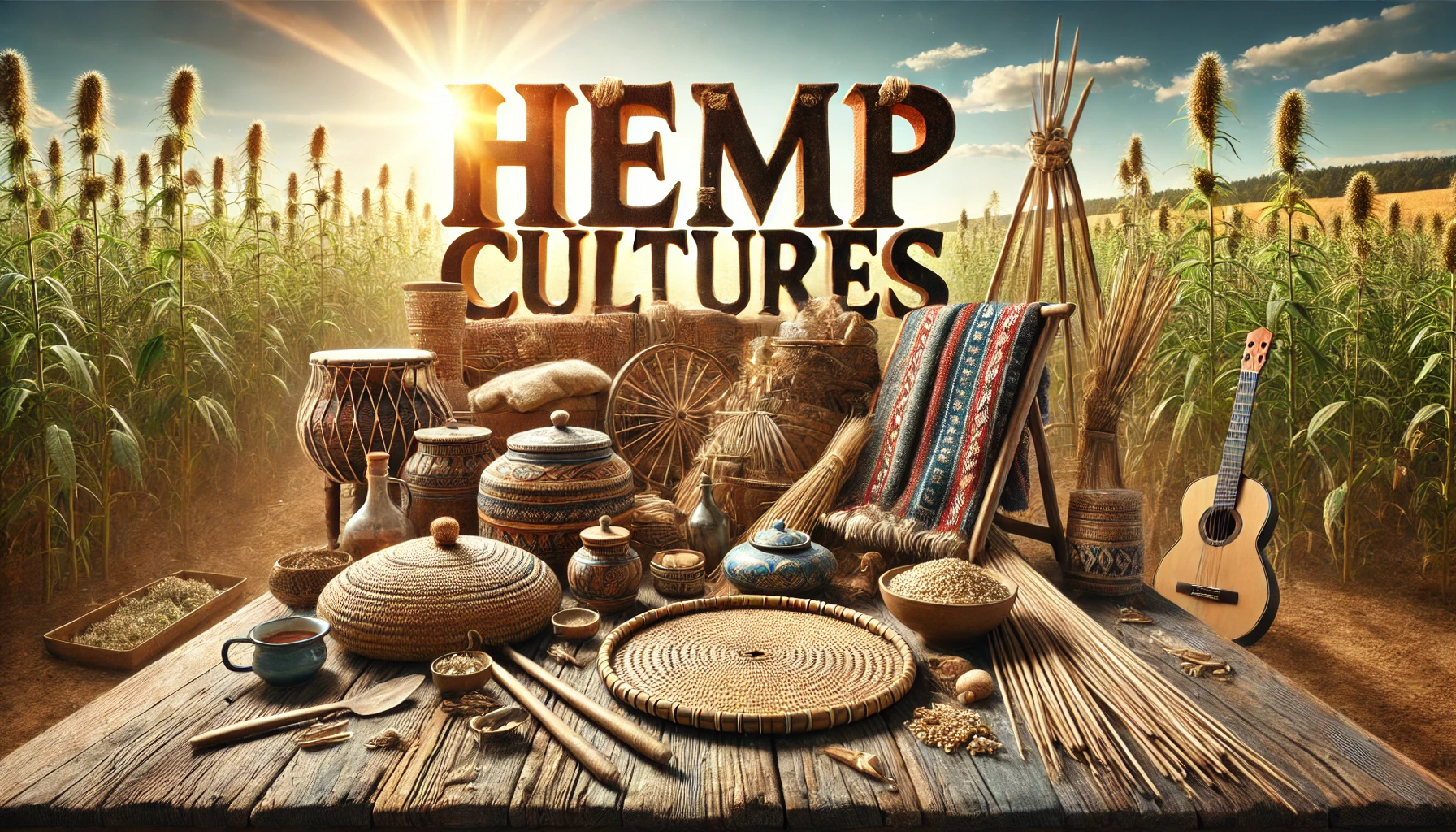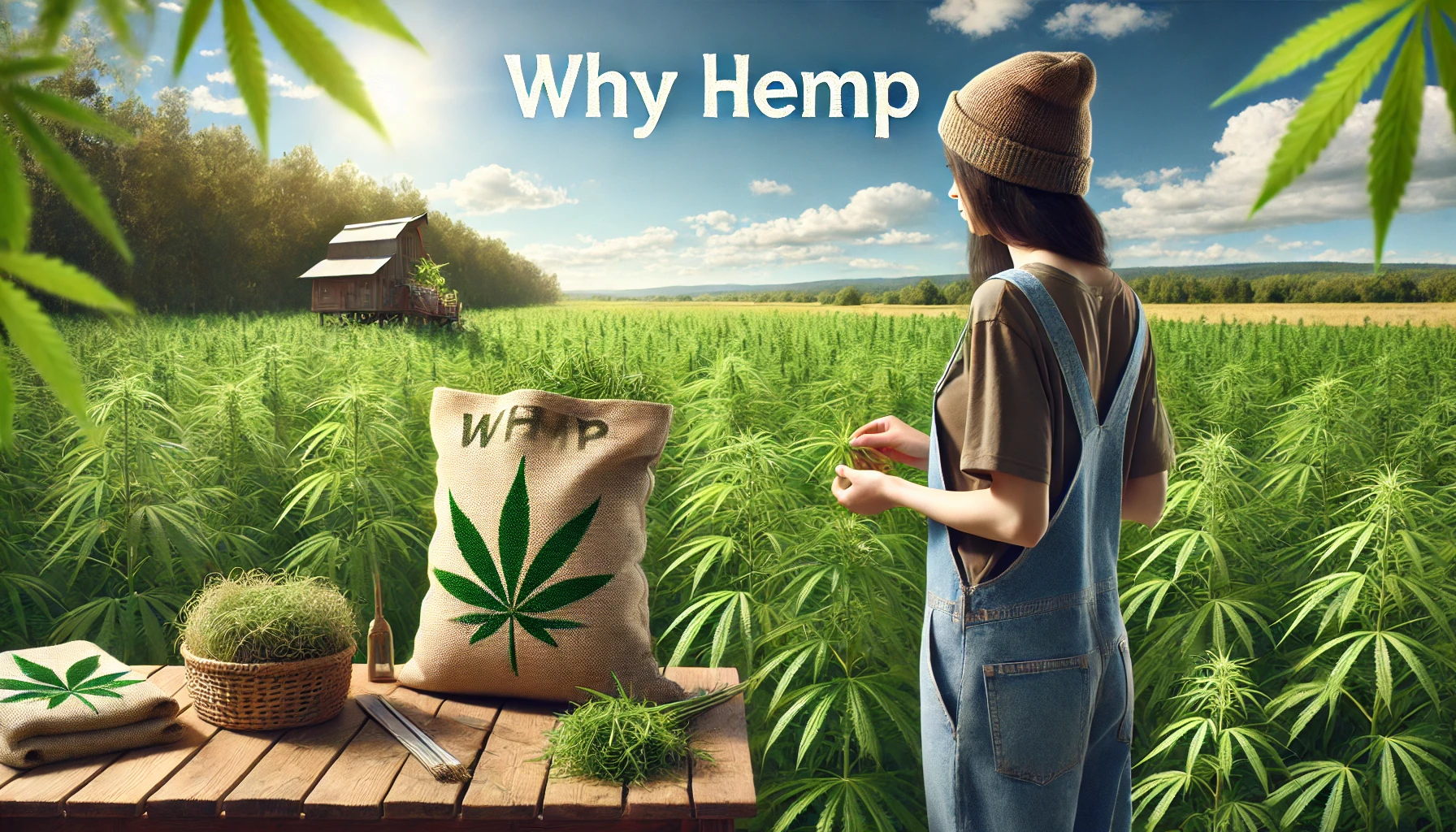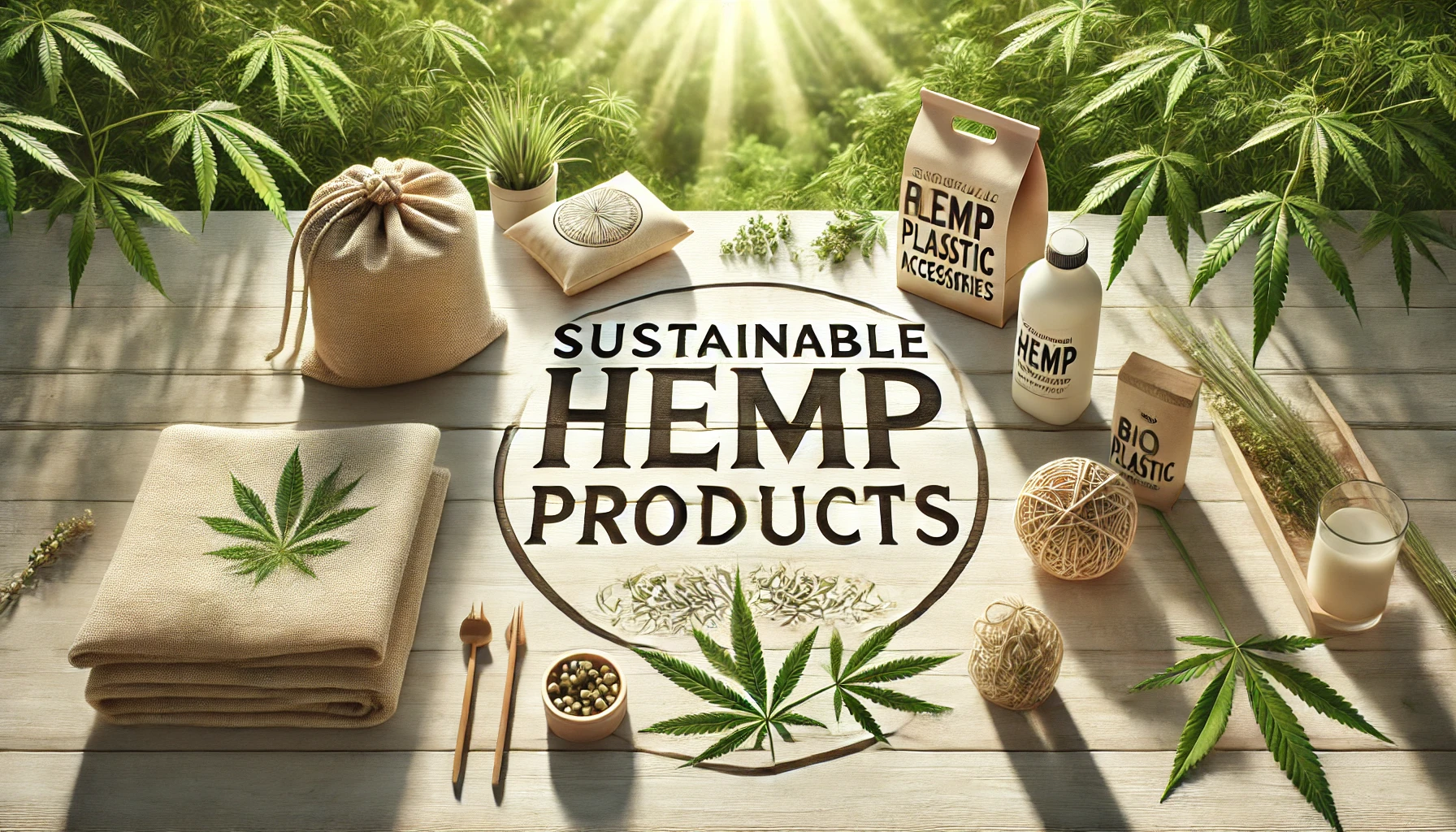Hemp Cultures
The importance of Hemp Through the Ages
- mattia andrei

Hemp is one of the oldest and most versatile plants in human history, with a tradition dating back thousands of years. Its evolution through different cultures and historical periods demonstrates its economic, cultural, and environmental significance. In this article, we will explore how hemp has been used in various epochs and geographic contexts, highlighting its impact and resilience over time.
The origins of hemp: from prehistory to antiquity
The first traces of hemp usage date back to prehistory. As early as 8000 BCE, hemp was cultivated in Asia, primarily for making textiles, ropes, and other utilitarian items. The Chinese were the first to document hemp usage, developing advanced fiber processing techniques. In Egypt, hemp was used to produce ropes and fabrics for navigation and religious monuments.
Hemp in ancient Greece and Rome
In Ancient Greece and Rome, hemp continued to play a vital role in daily life. The Greeks used it to make ropes for navigation, while the Romans used it for textile production and medicinal purposes. Due to its durability, hemp became essential for constructing sails, a vital material for trade and naval warfare.
The Middle Ages and the spread of hemp in Europe
During the Middle Ages, hemp found widespread use across Europe, particularly in countries like France and England. Hemp textiles became a crucial resource for the textile industry, while hemp ropes were used in shipbuilding. Hemp was also used to produce paper, contributing to one of the earliest forms of printing.
Hemp in the Modern Era: rise and decline
In the 19th century, hemp remained an important resource for the naval and textile industries. However, with the advent of synthetic fibers and cheap cotton production, hemp use began to decline. Despite this, hemp never fully disappeared; in some regions, it continued to be grown for traditional purposes, such as rope and fabric for maritime industries.
The return of hemp: today and tomorrow
Today, hemp is experiencing a resurgence due to renewed interest in its ecological and economic benefits. The growing focus on sustainable agricultural practices and the natural products industry has led to a new cycle of development for hemp. Its uses now extend into innovative sectors like bioplastics, cosmetics, food, and construction materials, positioning hemp as a key plant for a sustainable future.



